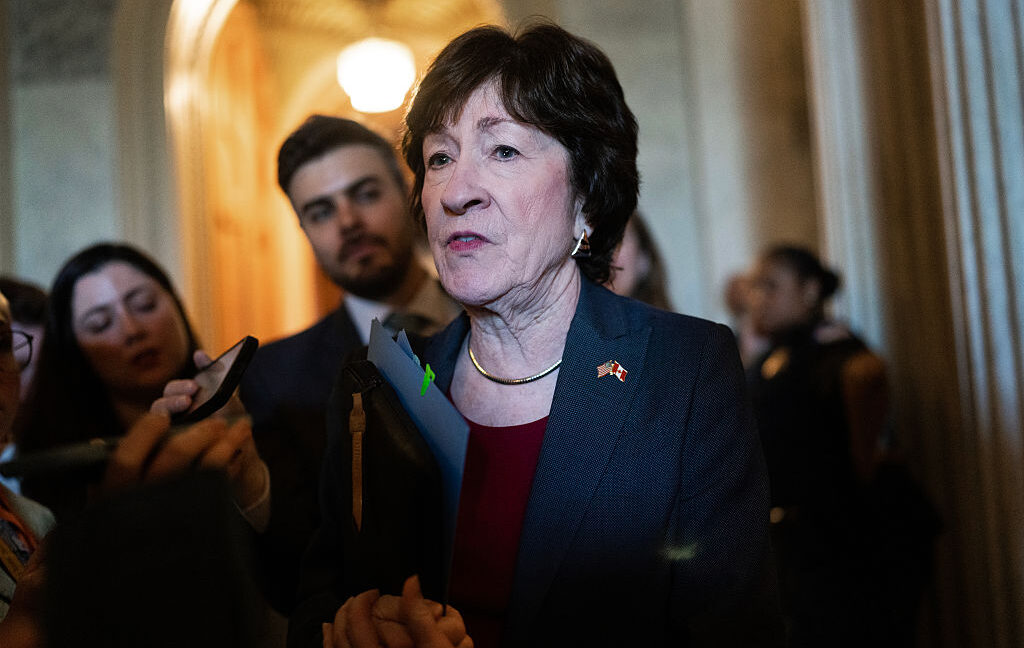This article originally appeared on Inside Climate News, a nonprofit, non-partisan news organization that covers climate, energy, and the environment. Sign up for their newsletter here.
Sen. Susan Collins (R-Maine) kicked off a Wednesday hearing criticizing the Trump administration for cutting science funding, firing federal scientists, and triggering policy uncertainties that she said threaten to undermine the foundation for America’s global leadership.
Collins, chair of the Senate Appropriations Committee, said the administration’s abrupt cancellation of grants and laying off scientists has little or no justification. “These actions put our leadership in biomedical innovation at real risk and must be reversed,” she said.
Her warning came as American University’s Institute for Macroeconomic & Policy Analysis published a study Wednesday showing how major cuts to federal funding for scientific research could cause economic damage equivalent to a major recession.
In the first 100 days of Trump 2.0, the administration has fired 1,300 employees from the National Institutes of Health, the largest funder of biomedical research in the world, and canceled more than $2 billion in federal research grants.
Earlier this week, the administration dismissed all the scientists and other authors working on the next authoritative look at how climate change is affecting the US.
In one such cutback, the Trump administration stripped almost $4 million in federal funding from Princeton’s climate research department as it determined that Princeton’s work did not align with the objectives of the National Oceanic and Atmospheric Administration (NOAA).
The White House said Princeton’s research on topics including sea level rise, coastal flooding, and global warming promoted “exaggerated and implausible climate threats,” according to a US Department of Commerce press release earlier this month explaining the funding cuts.
The White House is expected to propose additional reductions in discretionary spending as part of the annual budget process. Federal agencies like the NIH and the National Science Foundation are among the few funding basic and applied scientific research.
The study, from a group of American University economists, is among the first to run preliminary macroeconomic estimates of the cost of the Department of Government Efficiency and the Trump administration’s cuts to public spending on science.


